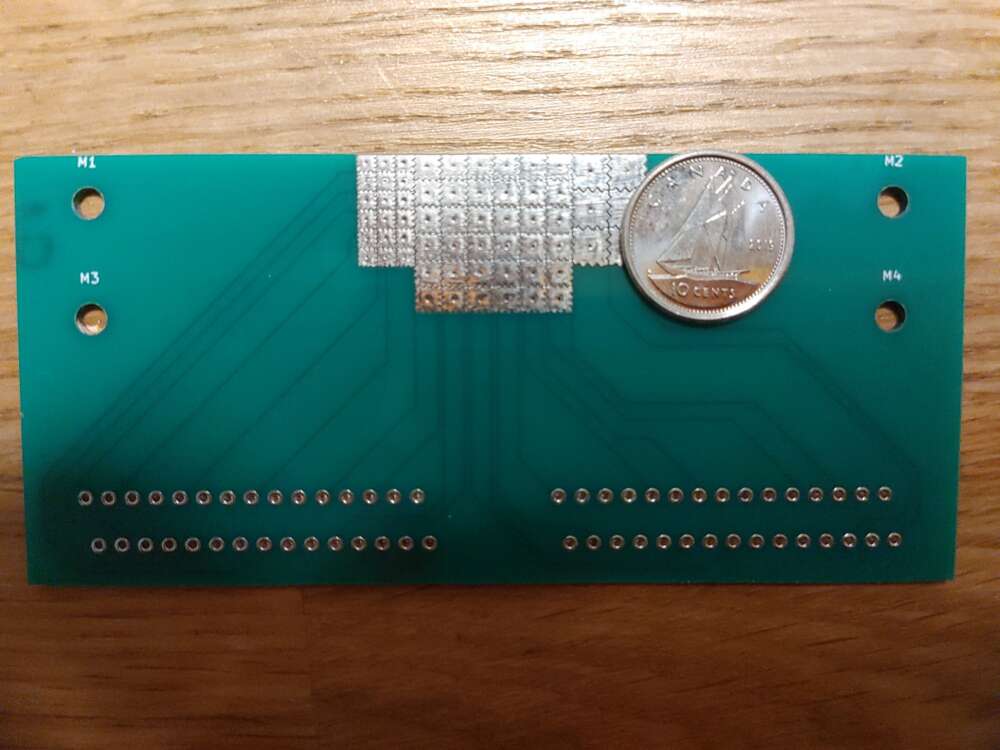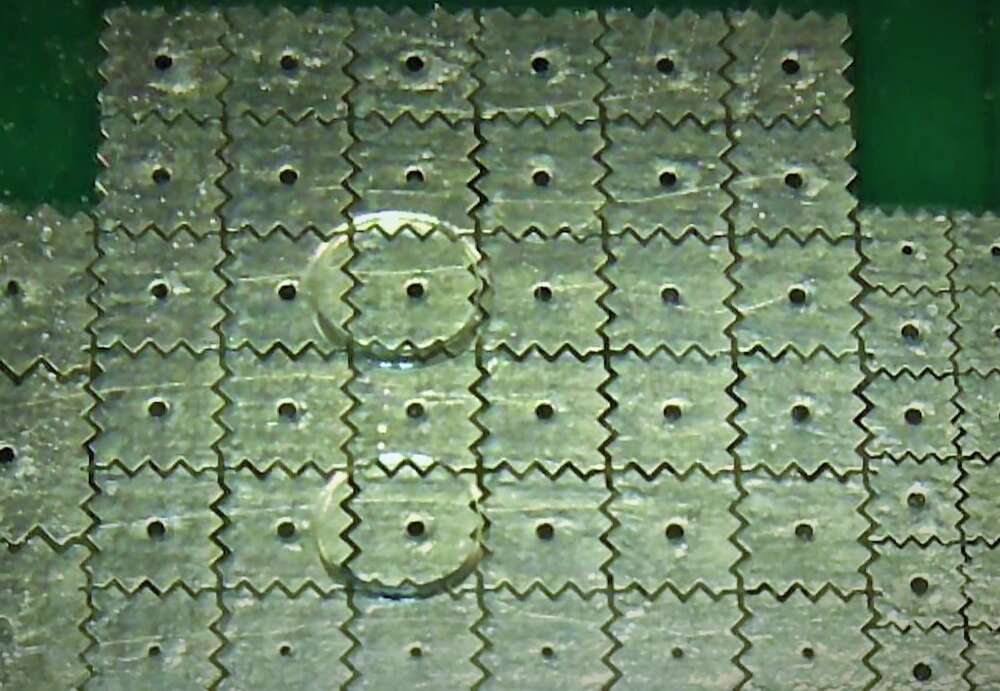
With COVID-19 testing now a race against the clock, University of Guelph researchers are developing a novel device for rapid diagnosis to help prevent backlogs that delay care and deter people from getting tested.
This new microfluidic process involves manipulating the virus to make copies that can be readily identified. The process takes less time than conventional COVID-19 diagnostic tests with polymerase chain reaction (PCR) technology that need to be completed off-site.
Microfluidic PCR technology can process micro-droplets on a small chip, requiring smaller sample volumes. Dr. Chris Collier, School of Engineering, said this novel research can significantly reduce wait times for COVID-19 test results.
As lead investigator for this project, he is working with engineering professor Dr. Huiyan Li, graduate students Isaac Spotts, Camille Leclerc and Rahul Eswar, and undergraduate research assistant Sydney Lepard.

This technology allows the researchers to control small fluid droplets in a lab-on-a-chip device. Completely automated, the device can be operated by untrained personnel, helping to prevent testing backlogs and permitting instant on-site diagnosis.
Recent COVID-19 infection rates show that rapid testing is especially important to curb transmission, said Collier.
Conventional COVID-19 tests require samples to be sent to remote laboratories, putting sample transporters and lab technicians at risk of contracting the virus. Waiting for results can delay patient care and promote viral spread, he added.
“An automated microfluidic PCR device will mitigate these concerns by reducing viral contact with laboratory technicians and providing an immediate diagnosis. This will allow COVID-19 contact tracing to happen in a timely fashion and encourage patients to begin self-isolating as soon as possible.”

This method will ultimately take pressure off the current testing system, he added.
“Developments for this project will also advance the technology for microfluidic devices to be used as future diagnostic testing tools.”
This research was funded by the University of Guelph COVID-19 Research Development and Catalyst Fund.
Contact:
Dr. Chris Collier
ccollier@uoguelph.ca